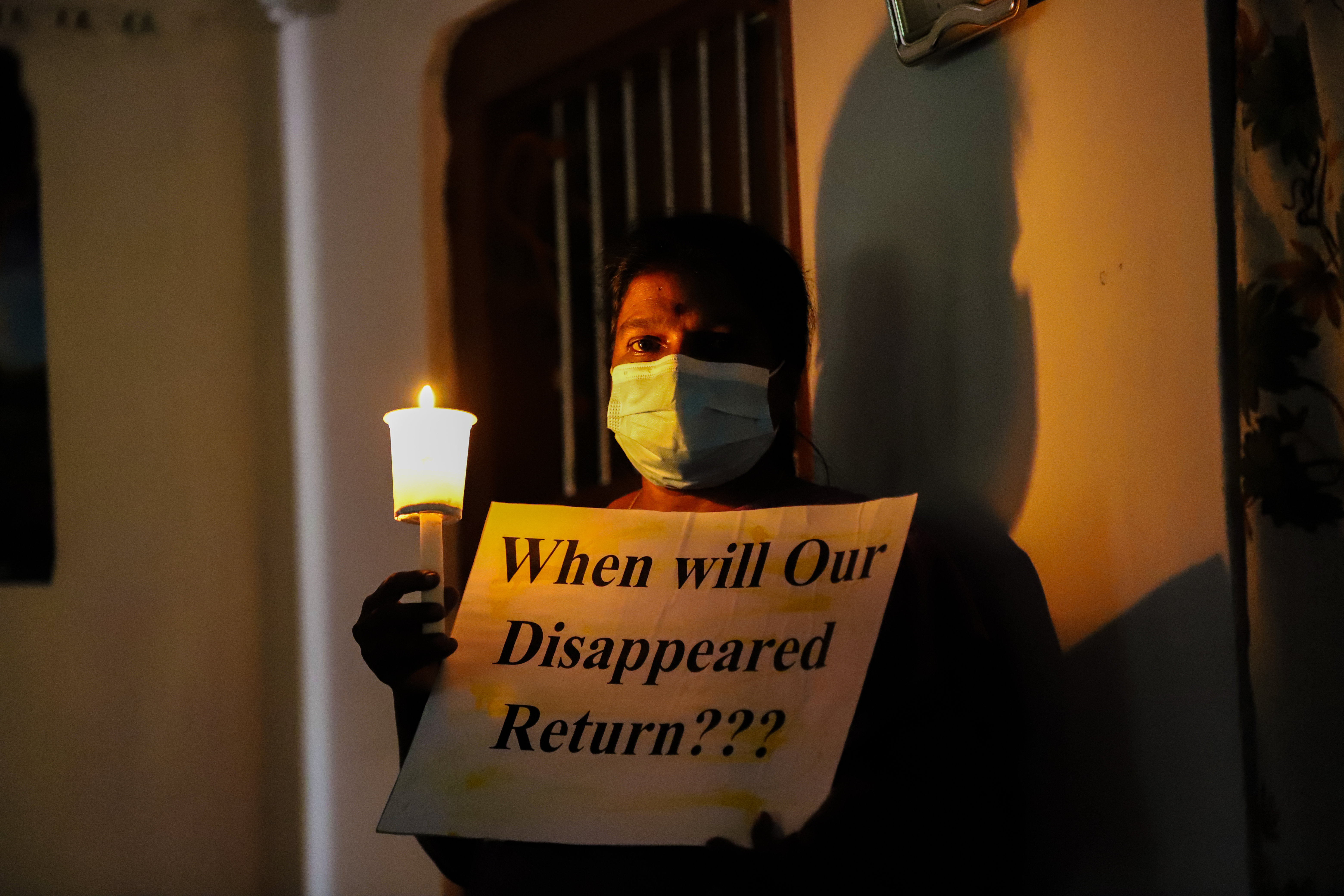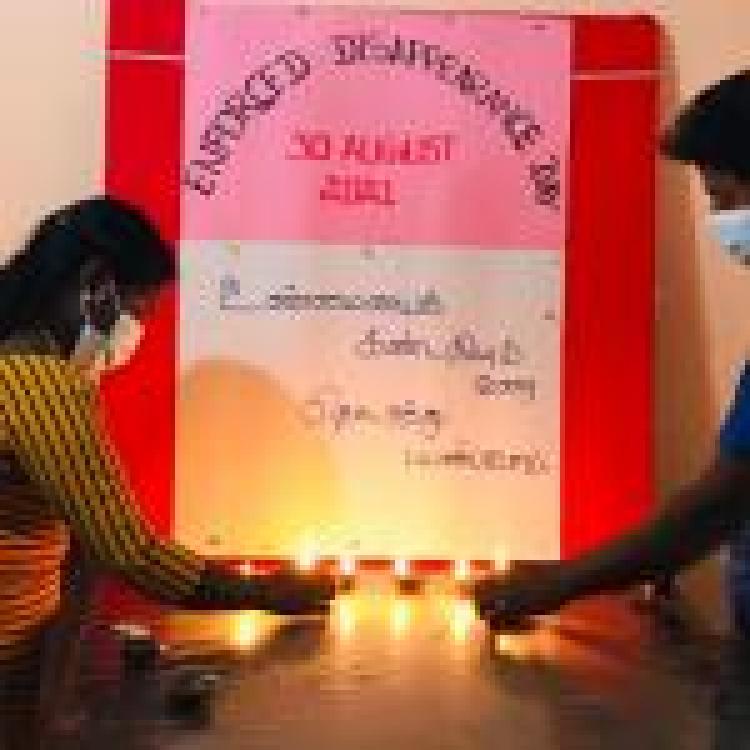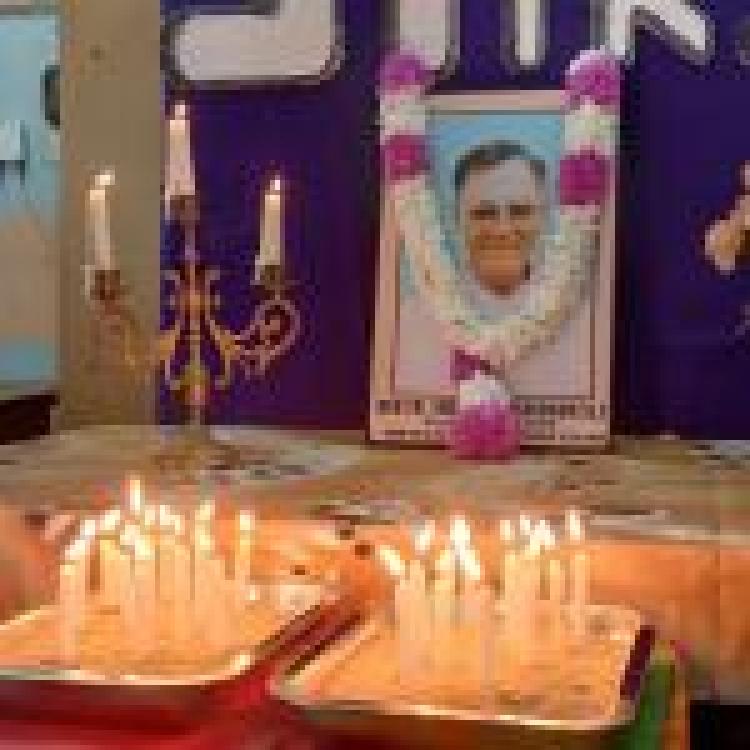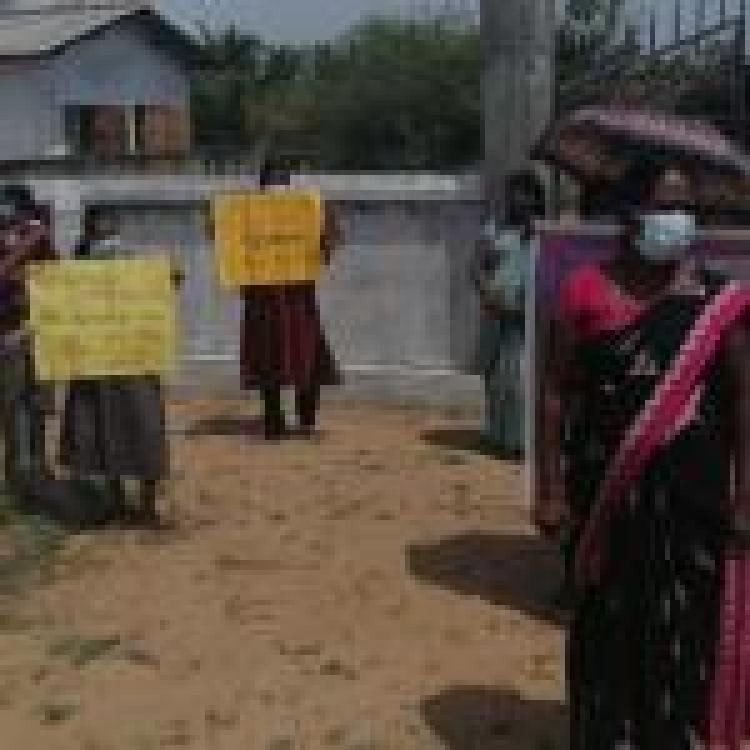
Marking International day for the Victims of Enforced Disappearances, a collection of Tamil diaspora organisations released a joint statement urging the international community to pursue accountability for the families of those forcibly disappeared in Sri Lanka and for a collation of evidence to provide an accurate account of those disappeared.
Sri Lanka has the world’s second-highest number of cases registered with the United Nations Working Group on Enforced or Involuntary Disappearances. An estimated 100,000 people have been forcibly disappeared. Whilst such disappearances affect all communities on the island, the vast majority of victims, particularly during the final phase of the war, were Tamil.
The total number of forcibly disappeared is not known and the diaspora organisations have called for a collective effort to count the “number of those who have disappeared and to compile their names and details for the purposes of judicial process, historical records and memorialization”.
Government denial and harassment
Despite over a decade passing since the end of the armed conflict, families of the disappeared have been denied an account for their loved ones, many of whom were last seen with military officials. Instead of receiving justice, Human Rights Watch (HRW) notes that victim’s families, as well as lawyers and organizations representing them, have been repeatedly harassed and threatened by the government.
Referring to comments made by Sri Lankan Minister Dinesh Gunawardena, that “most of those supposedly disappeared are actually overseas under other names”, the diaspora organisations expressed their dismay. They further described the Minister’s comments as a “brazen attempt to deflect attention of the guilty parties and shift the blame on the victims”.
The need for international accountabiltiy
The joint statement further shed light on Sri Lanka’s draconian Prevention of Terrorism Act which was introduced in 1979.
“As part of the many facets of the on-going structural genocide, arbitrary arrests, torture, sexual abuse, detention without trial for decades, removal of the dead without judicial process, silencing political dissent and enforced disappearances all thrived under the cloak of PTA” they note.
Despite the previous administration pledging to repeal the PTA, the government has since gone back on these commitments. Human Rights Watch further highlights that the Office of Missing Persons has been jeopardised through political appointments which undermine the institution's independence and further erode the trust of victim communities. Instead, many Tamil victim groups are demanding international accountability.
At a press conference, Thambirasa Selvarani, President of the Amparai District Missing Persons' Association said that the families of the disappeared "don't have any hope in any domestic mechanisms."
"We trust that the International Criminal Court (ICC) is the only solution for justice. We will continue our protests until our demands are met," he added.
The diaspora organisations who signed this joint statement are the Australian Tamil Congress (ATC); the British Tamils Forum (BTF); Maison du Tamil Eelam (France); Irish Tamils Forum (ITF); National Council of Canadian Tamils (NCCT); Norwegian Council of Eelam Tamils (NCET); Solidarity Group for Peace and Justice (SGPJ - South Africa); United States Tamil Action Group (USTAG).
Read the full statement here.




